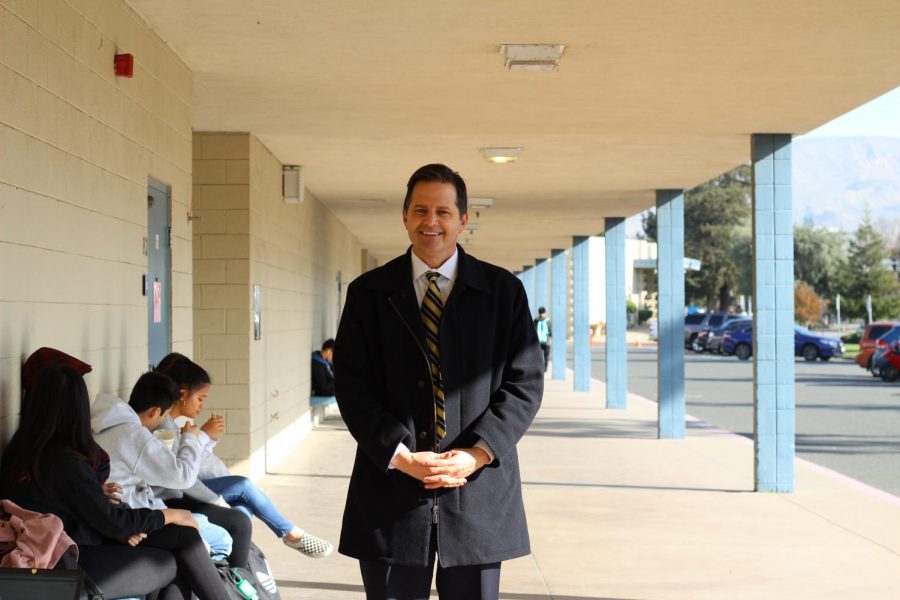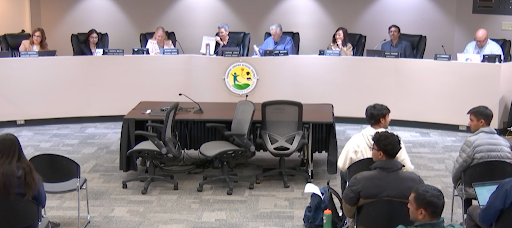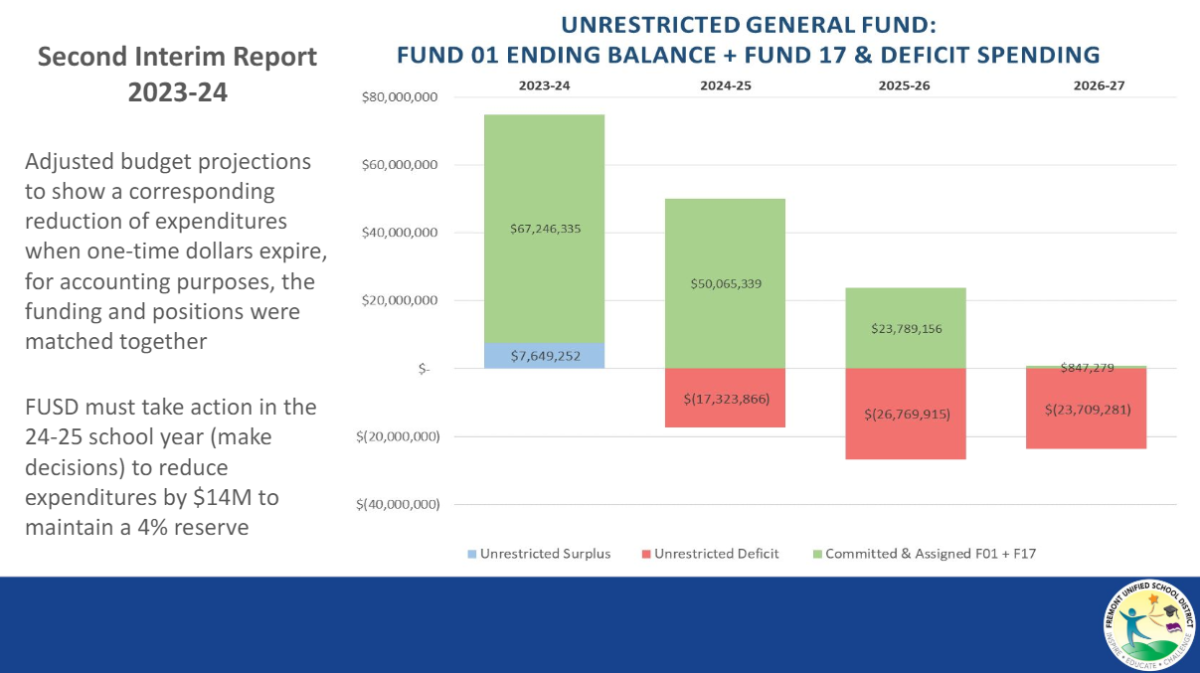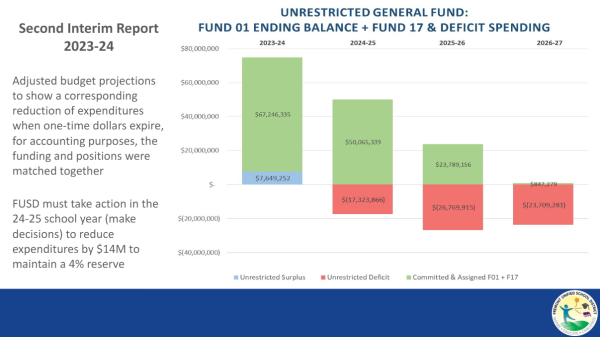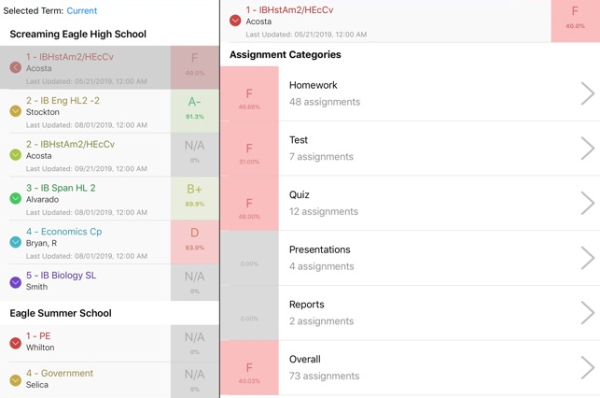FUSD initiates mental health awareness projects
December 16, 2017
In an effort to increase awareness and concern for students’ mental health, the Fremont Unified School District is currently enacting several projects to support students and families with challenges adversely affecting their mental health. FUSD’s Director of Student Support Services, Dr. Matthew Campbell, is working with faculty of FUSD schools to implement the Hume Center, a non-profit organization that helps students through difficult times, as well as improving past projects that have provided students with the necessary support.
Although Irvington does not currently implement Hume Center support on site, Irvington expects to receive additional help to support students. With additional help from the Hume Center, along with the counselors and Youth and Family Services currently at Irvington, students will be given more opportunities to talk with understanding counselors and greater encouragement to seek the help that they need.
FUSD further collaborates with Youth and Family Services, which provides more intensive counseling through high-ranking and intern counseling, to promote the health and wellbeing of families and individuals in Southern Alameda County.
“The schools can opt in and if they say ‘yes, we want to have a counseling intern come to [our] school,’ then the school site would have to pay for that counseling intern to be on school grounds,” Dr. Campbell said. “We have ten counseling interns within ten different sites in Fremont.”
FUSD also implements “The Cost,” a program in which the school staff essentially develops a game plan that will help achieve goals for struggling students.
“The plan is implemented for a particular student,” Dr. Campbell said. “Then that student has a plan moving forward and the team monitors that plan just to check on the student and see how effective that plan was.”
Dr. Campbell identified FUSD’s most prevalent problem as students’ reluctance to seek mental health support, primarily due to the stigma that surrounds mental health.
“It’s hard to reduce that stigma that we have in society and [students are] too embarrassed to reach out or they don’t want to talk about their mental health issues because of judgement or other values that people may place on them,” Dr. Campbell said. “I think that working with parents is an important factor because parents need to come to the realization that addressing mental health issues is no different from addressing biological health issues.”
FUSD has hosted parent awareness meetings, workshops, and education nights to address the above issue.
“Parent night is trying to reach that target audience,” Dr. Campbell said. “But the people who do attend aren’t always necessarily the people actually need to hear the message.”
FUSD is unable to accurately measure the impact of these parent education nights or past mental health awareness and support programs, since the projects are relatively new and there is no current, practical method to measuring students’ mental health.


